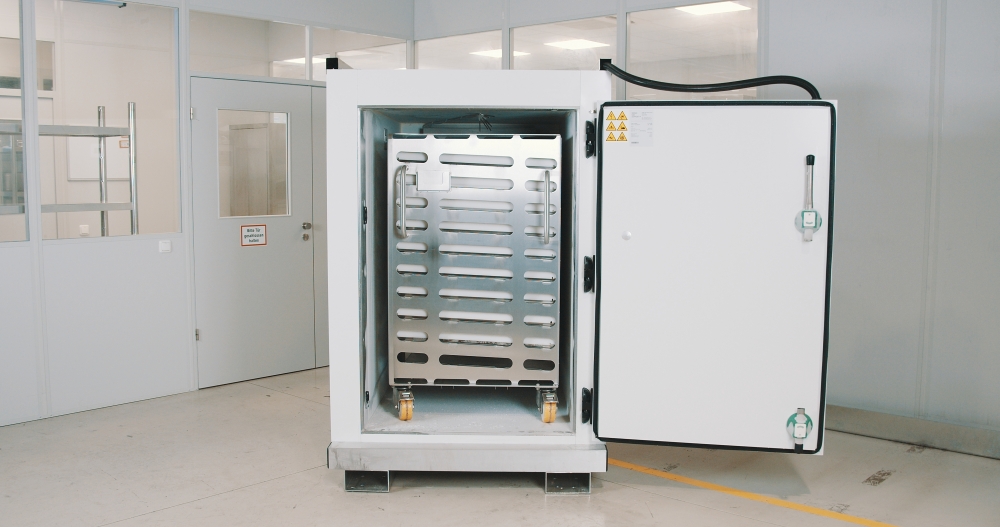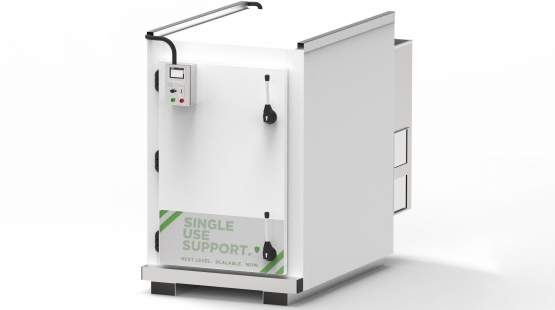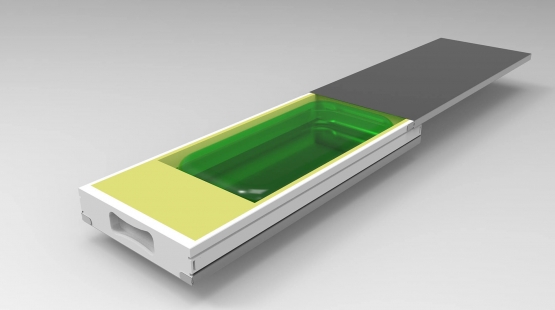Temperature control in cold storage
Temperature control plays a pivotal role in the storage of biologics due to the inherent sensitivity of these products to temperature fluctuations. Biologics, such as mRNA vaccines or allogeneic stem cell therapies, often contain delicate molecular structures that can be easily compromised by exposure to inappropriate temperatures.
Maintaining the prescribed temperature range is critical to preserving the stability and efficacy of biologic products. Deviations from the recommended storage conditions can lead to irreversible damage, including denaturation of proteins, loss of biological activity, protein stability, and degradation of nucleic acids. These alterations can not only render the product ineffective, but also pose potential safety risks to patients.
It is the recommended storage temperature that, being specific for each product type, makes cold chain management so complex for pharmaceutical companies and CDMOs. For instance, Fc-fusion proteins have been found to aggregate during long-term storage at -30°C; samples stored at both -70°C and -20°C, on the other hand, remained stable.
Nevertheless, there are some rules of thumb regarding typical storage temperatures for biologics:
- monoclonal antibodies: -80°C
- mRNA: -80°C
- gene therapies: -80°C
- cell therapies: -130°C and lower
- gene-modified cell therapies: lower than -150°C
Furthermore, the temperature sensitivity of biologics extends beyond storage to transportation and handling. Fluctuations in temperature during transit can have detrimental effects on product quality, particularly if the excursion occurs outside the acceptable range.
Combining efficiency and safety
Achieving the delicate equilibrium between efficiency and safety is a balancing act in the storage of biologics. While optimizing storage processes for efficiency is essential to meet production demands and minimize costs, it must not compromise the safety and integrity of biologic products.
Efficiency in storage entails streamlining workflows, maximizing storage capacity, and minimizing downtime. However, these optimizations must not compromise safety measures, such as temperature control, contamination prevention, and product traceability.
By integrating efficient storage practices with advanced systems and robust safety protocols, biopharmaceutical companies can ensure that biologic products are stored in optimal conditions while reducing the risk of product loss or compromise. This holistic approach to storage management not only optimizes efficiency in biomanufacturing, but also safeguards product quality and patient safety throughout the cold chain.1 2






